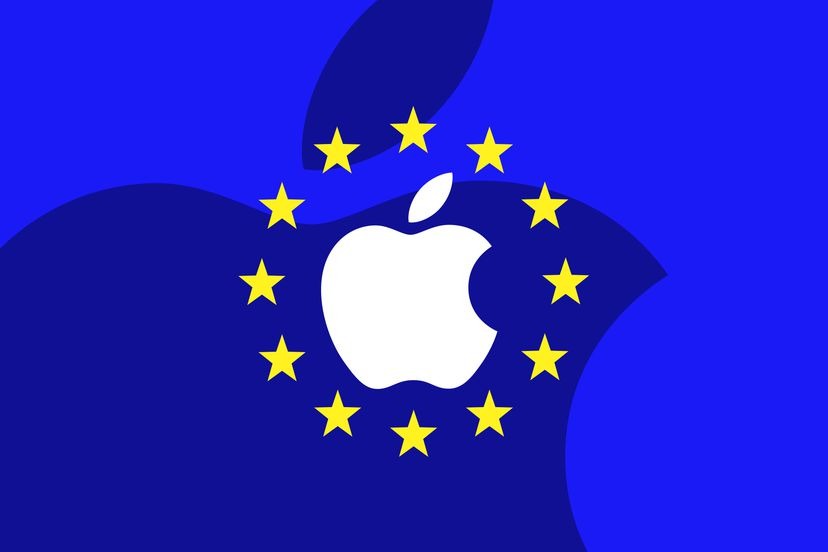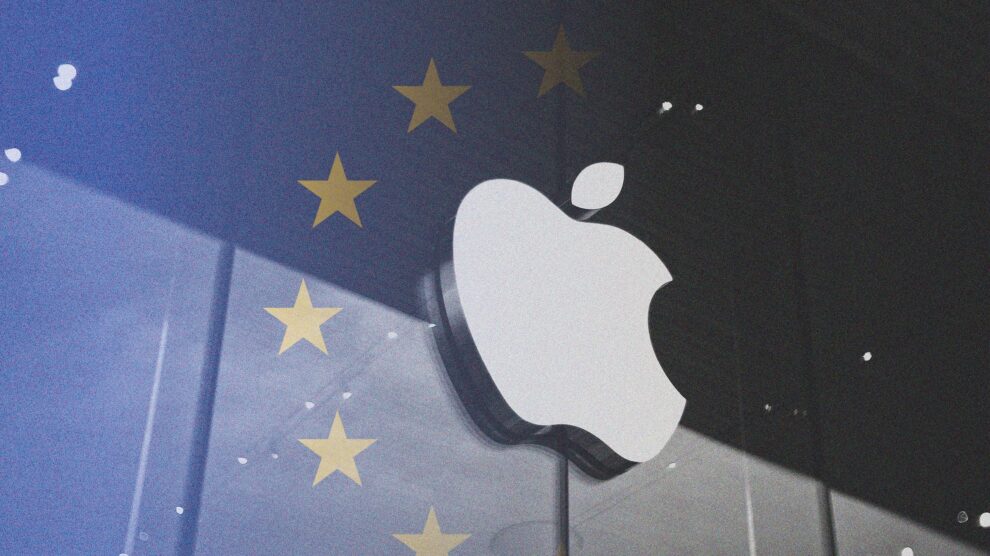The tech world is bracing for a seismic shift as the European Union (EU) gears up to charge Apple and Meta under its groundbreaking Digital Markets Act (DMA). According to a recent article from The Verge, these two tech behemoths are likely to be the first companies targeted by the EU’s new regulation, which aims to curb the power of Big Tech and promote fairer competition in the digital marketplace.

The Digital Markets Act: A Game-Changer for Big Tech
The DMA, which came into force in November 2022, represents a significant step forward in the EU’s efforts to rein in the dominance of large technology companies. The regulation seeks to create a more level playing field by requiring tech giants to operate more transparently, fairly, and with greater regard for user choice.
Under the DMA, companies designated as “gatekeepers” – those with a significant impact on the internal market – will be subject to a range of obligations and prohibitions. These measures are designed to prevent gatekeepers from abusing their market power and to foster a more competitive and innovative digital ecosystem.
Apple in the Crosshairs: App Store Restrictions and Browser Choice
According to The Verge, Apple is likely to face charges related to its App Store practices and the way it presents browser choices within Safari. The EU’s preliminary findings, expected to be issued before the summer break in August 2024, could have far-reaching implications for the iPhone maker.
One of the key issues at stake is Apple’s alleged restriction on app developers’ ability to inform users about cheaper deals for their apps outside the App Store. The EU regulators believe that this practice limits consumer choice and stifles competition in the app marketplace.
Additionally, the EU may take issue with how Apple presents options for alternative browsers within Safari. The specific details of this charge are not yet clear, but it could relate to the prominence and ease of access to browser alternatives.
Meta’s “Pay or Consent” Model Under Scrutiny
Meta, the parent company of Facebook and Instagram, is also in the EU’s sights. The charges against Meta are expected to focus on its controversial “pay or consent” model, which requires users to choose between paying a subscription fee or agreeing to see ads on the social media platforms.
EU regulators are concerned that this model could have anti-competitive effects in the online advertising market. By essentially forcing users to either pay or accept targeted advertising, Meta may be leveraging its dominant position to squeeze out smaller players and limit consumer choice.
The Road Ahead: Remedies, Fines, and the Future of Big Tech in Europe
As the EU’s charges against Apple and Meta take shape, both companies will have the opportunity to propose remedies to address the regulators’ concerns. This process will unfold over the coming months, with a final decision expected by November 2024.
If Apple and Meta fail to satisfactorily address the issues raised by the EU, they could face significant financial penalties. Under the DMA, companies found to be in violation of the rules can be fined up to 10% of their global annual turnover – a prospect that is sure to focus the minds of executives in Cupertino and Menlo Park.
Beyond the immediate impact on Apple and Meta, the EU’s actions under the DMA are being closely watched as a litmus test for the regulation’s effectiveness. If successful, the charges against these tech giants could pave the way for a more assertive approach to regulating Big Tech in Europe and beyond.
Conclusion: A Watershed Moment for the Tech Industry
As the EU prepares to charge Apple and Meta under the Digital Markets Act, the tech world is on the cusp of a major shift. The outcome of these cases could have profound implications not just for the companies involved, but for the future shape of the digital marketplace in Europe and around the world.
While the specific charges and remedies are yet to be determined, one thing is clear: the era of unchecked Big Tech dominance is coming to an end. As regulators step up their efforts to promote competition and protect consumers, companies like Apple and Meta will need to adapt to a new reality – one in which their power is not absolute, and the rules of the game are no longer stacked in their favor.










Add Comment